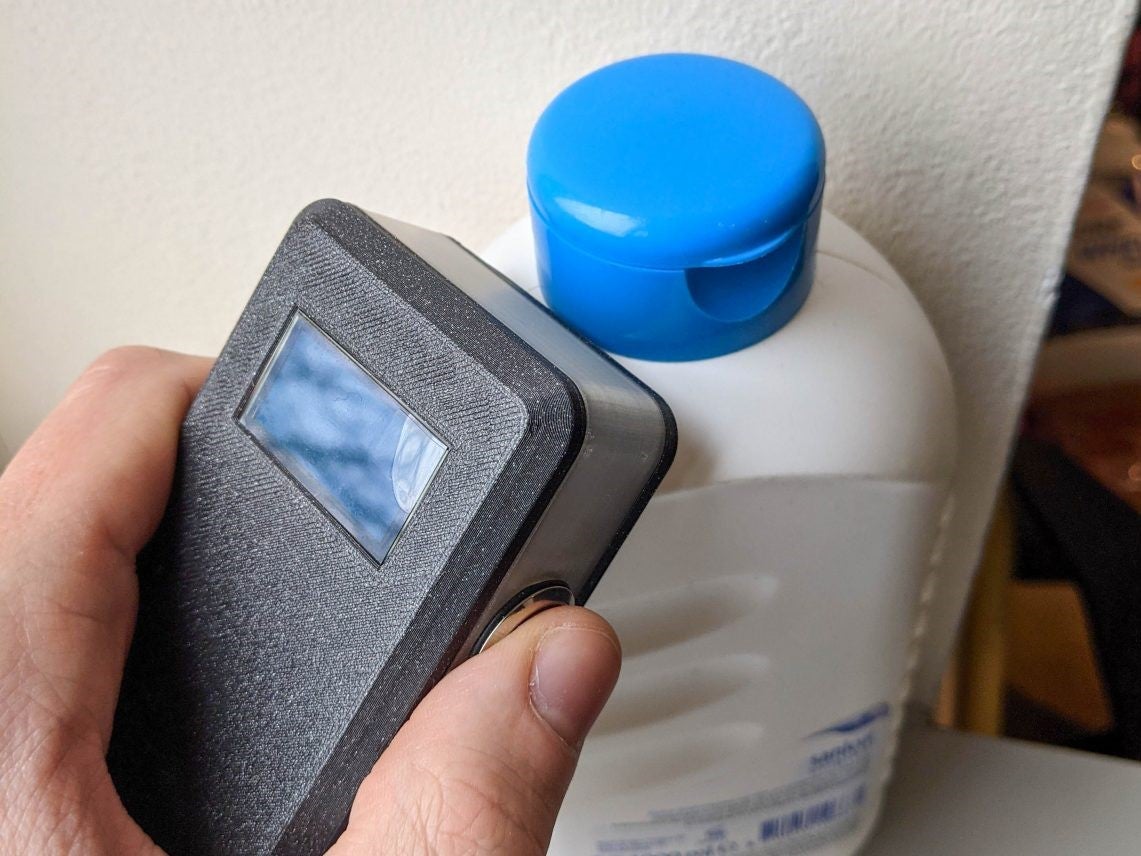Plastic Scanner device that identifies which plastics can actually be recycled wins Dyson Award
2021 Dyson Award winner offers low-cost method of instantly testing materials

A hand-held device capable of instantly identifying whether a plastic is suitable for recycling has been named among the winners of the 2021 Dyson Awards.
The Plastic Scanner offers a low-cost method of testing materials, with the hope that it will help to reduce landfill waste.
Designed by Jerry de Vos at Deft University in the Netherlands, the Plastic Scanner uses infrared light to detect plastic components and assess whether they are able to be recycled.
It uses open-source hardware to make the same technology used in European sorting facilities available to anyone capable of assembling the electronics into a device.
“Discrete near-infrared spectroscopy makes it possible to identify over 75 per cent of all plastic used in everyday life,” Mr de Vos explained. “Therefore, it became my mission to make this technology accessible to recyclers in low and middle-income countries.”
The Plastic Scanner was one of three winners of the 2021 awards, which were set up by vacuum cleaner tycoon James Dyson in order to honour the next generation of design engineers.
“It may be fashionable to demonise plastic but it is a durable and versatile material which has an important role to play,” said Dyson.
“The challenge, of course, is ensuring it is reused and recycled effectively to avoid it going to landfill. Understanding how to recycle plastics correctly is complicated but Jerry has developed a very effective technology that could put this knowledge into everyone’s hands.”
The winner of the medical category of the Dyson Awards was 22-year-old Joseph Bentley from Loughborough University, who invented a life-saving device to stem blood loss from knife wounds.
The Rapid Emergency Actuating Tamponade, or React, allows non-medically trained police officers to stop bleeding within 60 seconds by inflating a medical-grade silicone balloon inside the wound.
Previous winners of the Dyson Award include a bio-reactive food label called Bump Mark, which uses gelatine in order to tangibly show when a food product is going off.
It has since morphed into the company Mimica, which aims to use the technology to reduce food waste.
Subscribe to Independent Premium to bookmark this article
Want to bookmark your favourite articles and stories to read or reference later? Start your Independent Premium subscription today.

Join our commenting forum
Join thought-provoking conversations, follow other Independent readers and see their replies